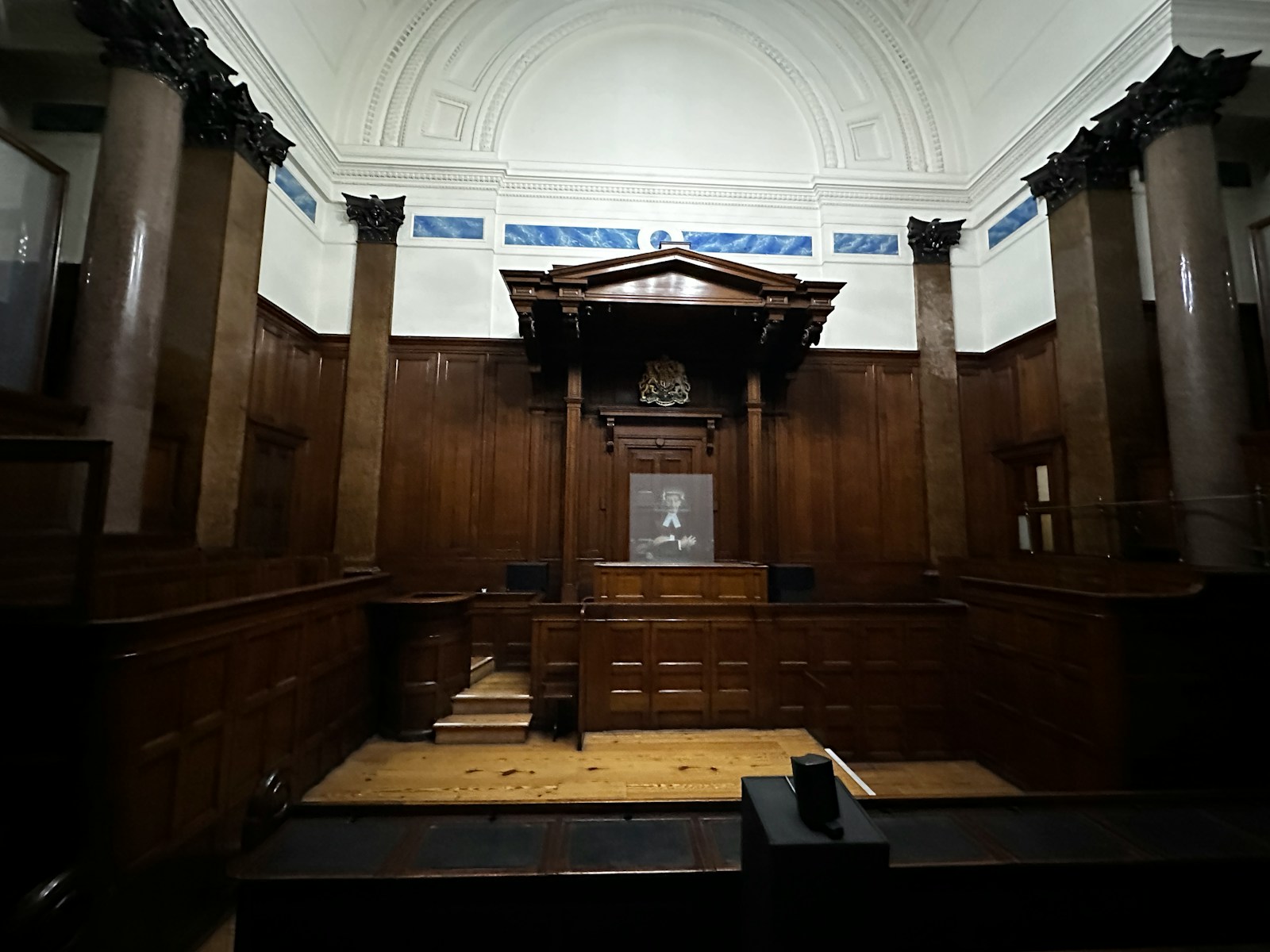Key Takeaways
– Fourth Circuit court rules government group can access data
– Challenge failed due to lack of proven harm
– Judge noted privacy laws allow needed access
– Data experts need full system permissions
Introduction
A federal appeals court has given President Trumps administration a win over privacy concerns. The court said that a digital government team can see personal data held by federal agencies. This decision comes after labor unions and benefit recipients fought to block the move. Yet they could not prove they suffered real harm from sharing that information.
Background of the Lawsuit
People who get government benefits joined labor unions to stop the new doge service team. They argued the team might break privacy rules if it read data at the Treasury, the Office of Personnel, and the Education Department. The plaintiffs said that federal privacy laws block any outside group from looking at such records. Therefore they asked a court to prevent the data sharing.
The Fourth Circuit’s Review
The case went to the United States Court of Appeals for the Fourth Circuit. Three judges heard the arguments and studied the privacy statutes. Two judges agreed the plaintiffs failed to show harm. One judge dissented, warning about privacy risks. In the end, the majority opinion ruled for the government team.
Key Points of the Ruling
First, the court said the plaintiffs did not suffer an actual injury. Therefore they lacked a legal basis to sue. Second, the opinion explained that privacy laws do not bar sharing data with those who need it for their job. Third, the court noted that a team tasked with modernizing software and systems needs admin level access.
Why Plaintiffs Lost Their Challenge
The plaintiffs struggled to prove that their rights were violated. They claimed a fear of data misuse. However courts require a real threat of harm rather than a theoretical risk. Because the team works inside the government setup, the court said sharing makes sense. Thus the lawsuit could not succeed.
Judge Richardson’s View
Judge Julius Richardson, a Trump appointee, wrote the main opinion. He explained that privacy laws aim to protect against outside threats. Yet they do not block data sharing among those who serve the public. He added that a team updating a systems software must see internal files to do its job well.
Modernizing Government IT Systems
The doge service team focuses on updating outdated computer systems. Many federal agencies still run on old software. Therefore the team needs deep access to fix bugs and improve security. Without full permissions, the team could not test new tools or protect against hacks.
Transition to Active IT Upgrades
Moreover, agencies must keep data safe from cyberattacks. By having teams who know the systems inside out, agencies can respond quickly to threats. Thus giving admin level access speeds up fixes and reduces downtime. It also helps train staff on new safeguards.
Privacy Concerns and Protections
Despite this ruling, privacy remains a key issue. Federal laws still limit how data moves outside agencies. And any misuse of the data can trigger serious penalties. Therefore agencies must keep logs and monitor all data access. They also need strict rules on who can view sensitive information.
Role of Oversight and Audits
To balance access and privacy, agencies run regular audits. These checks look for unusual activity in data systems. If someone looks at files without reason, an audit flag goes up. This process helps protect personal data while still allowing needed work.
Implications for Future Cases
This ruling may shape other lawsuits about federal data sharing. If a group cannot show real harm, courts will likely dismiss similar claims. Meanwhile agencies and their digital teams will feel more confident in expanding access. Yet they must stay mindful of privacy rules and oversight.
Expert Reactions
IT experts say this decision makes sense for efficient upgrades. They note that modern systems need constant attention and testing. However privacy lawyers warn that unchecked access can lead to leaks. Therefore they advise robust security protocols and clear staff training.
How This Affects Benefit Recipients
Those who receive federal aid might worry about data safety. Yet they can find comfort in strong privacy laws that still apply. Agencies must follow rules that protect personal details from misuse. And any breach can result in legal action against those responsible.
Next Steps for the Government Team
With the court ruling in hand, the digital team can move forward. They will plan software upgrades at the Treasury, Education, and personnel offices. They will use their new access to test systems, patch vulnerabilities, and train staff. Their goal is to improve user experience and security.
Potential Risks and Mitigation
Even with permission, risks remain. Human error, bugs, or insider threats can expose data. To reduce these risks, teams use encryption and multi factor authentication. They also implement strict change management processes. By doing so, they keep personal data safe while building better systems.
Lessons for Other Agencies
Other federal bodies watching this case can learn from it. They may consider adopting a similar model for data access. Yet they must balance access needs with privacy protections. By setting clear policies and audit trails, they can speed up projects safely.
Public Trust and Transparency
Agencies must maintain public trust when handling personal data. They can do this through transparency reports and clear privacy notices. By being open about data use, they show respect for privacy. They can also invite independent reviews to strengthen trust.
Conclusion
The Fourth Circuit’s decision gives the government data team the access it needs. At the same time, existing privacy laws still protect personal records. Courts will likely require real proof of harm before stopping data sharing. Therefore agencies and their digital teams can press ahead with upgrades. Yet they must stay alert to privacy risks and keep strict oversight.
